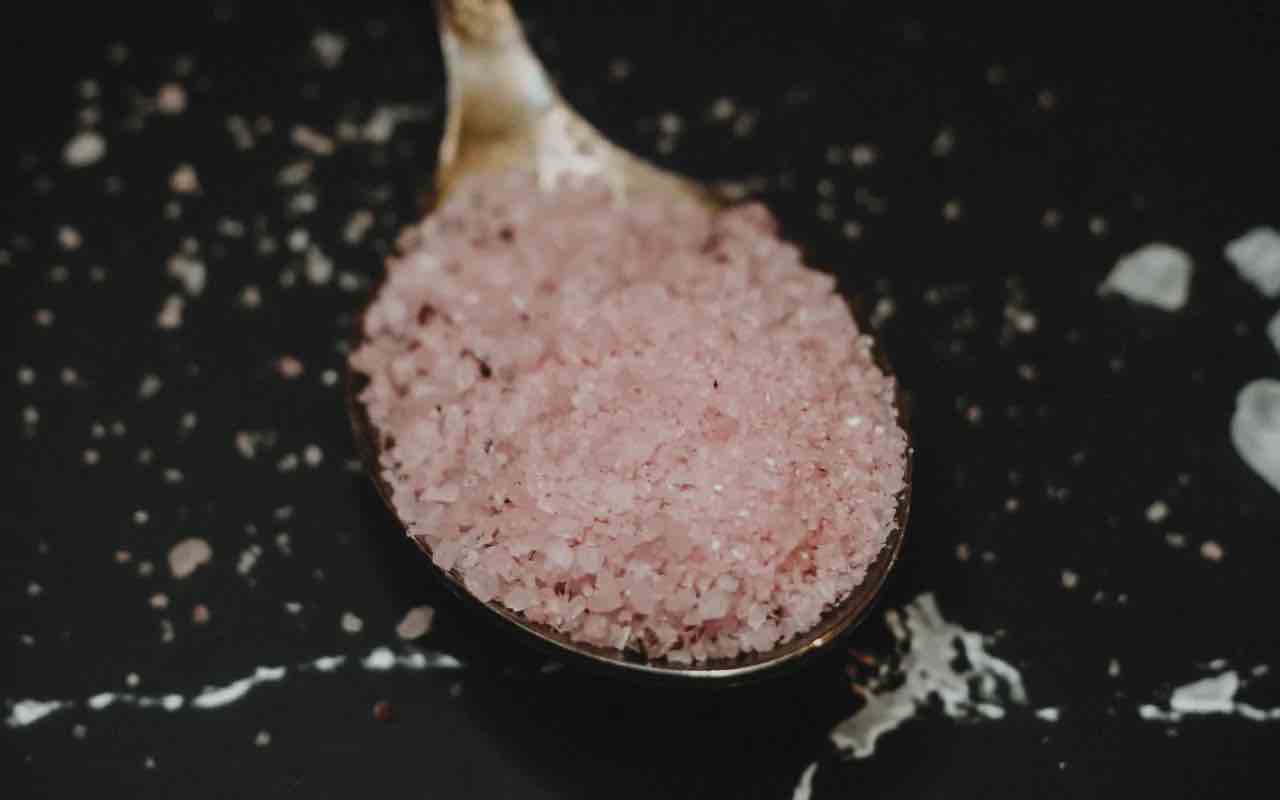Coarse salt is bad for cholesterol as it raises blood levels causing even more dangerous problems. High blood cholesterol is a risk factor for heart disease. It is a leading cause of heart attack and other coronary heart disease. Indeed, high blood cholesterol may be the main risk factor for mortality in Western populations.
The role of diet on blood lipids is well known, but discrepancies remain between the various recommendations of health organizations and scientific societies. These discrepancies revolve around which foods should be consumed more or less frequently to achieve optimal blood lipid profiles.
One of these foods is salt. There are numerous studies in this regard which have indicated that excessive salt consumption increases circulating levels of LDL cholesterol and triglycerides and decreases HDL cholesterol. For this reason, many people believe that reducing salt intake can reduce LDL-C and improve the overall lipid profile.
Coarse salt is bad for cholesterol
The average person needs 2-3 grams of salt a day but around the world, around 90% of people consume more sodium than necessary. WHO recommends reducing salt intake to less than 5 grams per day, or 3 grams per day for people with high blood pressure.
How much salt is taken in reality? The average intake is between 10 and 12 grams per day. The risk is greater for people with high blood pressure, heart disease, diabetes, or kidney disease. In particular, coarse salt is the most dangerous because it does not convey the idea of actual consumption.
In some studies, participants were given sodium intakes greater than 5 grams per day, while in others they were given intakes of less than 3 grams per day. More recent meta-analysis studies have shown that sodium intake between 3 and 5 grams per day is not associated with an increased risk of cardiovascular disease. The results of these studies were quite varied and often contradictory. So, how should we behave?
A large long-term study has shown that dietary cholesterol has a minimal effect on blood cholesterol. This study followed more than 100,000 people for over 10 years. He concluded that people whose diets contained high amounts of cholesterol did not have higher blood cholesterol levels. The results of this study were confirmed by other studies.
Salt and blood pressure
Blood pressure can be affected by sodium intake. One study found that sodium reduction reduced blood pressure by approximately 2mmHg of systolic and 0.5mmHg of diastolic. Healthy diets with sodium reduction and potassium increase have been shown to have a modest effect on blood pressure. This reduction in sodium intake can be achieved by reducing the amount of sodium consumed in foods, choosing unsalted foods (such as fresh fruits and vegetables), and using spices and herbs to add flavor instead of salt.
